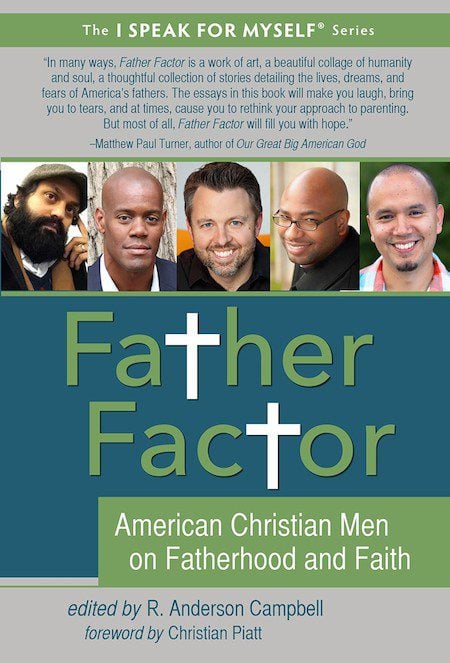This is a guest post for the Antioch Session by Jonathan Murden. His bio is at the bottom.
One day, we’re all going to die. That got your attention, didn’t it?
One day, our warm bodies, these organisms throbbing with life, all flesh and bone and beating blood, will be cold and still. One day, we will lie as if sleeping as they shovel the dirt on top of us. We will rot and decay and the worms will eat what remains. All of life leads up to that moment when what we once were is no more.
 As far as we know, humans are the only animals that are aware of this fact. Many animals mourn for their dead, but no other connects the death of another with their own death. There is something about the fear of death that is particular to the human condition. We are driven by it, under the surface, unaware of our desperate desire for immortality.
As far as we know, humans are the only animals that are aware of this fact. Many animals mourn for their dead, but no other connects the death of another with their own death. There is something about the fear of death that is particular to the human condition. We are driven by it, under the surface, unaware of our desperate desire for immortality.
I recently read a book called ‘White Noise’ by Don DeLillo. It’s very funny and very postmodern, and one of the major themes of the novel is the fear of death. There’s one particular scene where two of the characters, husband and wife, confess this fear to one another, and the dialogue that follows is beautiful:
“How strange it is. We have these deep terrible lingering fears about ourselves and the people we love. Yet we walk around, talk to people, eat and drink. We manage to function. The feelings are deep and real. Shouldn’t they paralyse us? How is it we can survive them, at least for a while? We drive a car, we teach a class. How is it no-one sees how deeply afraid we were, last night, this morning? Is it something we hide from each other, by mutual consent? Or do we share the same secret without knowing it. Wear the same disguise.”
“What if death is nothing but sound?”
“Electrical noise.”
“You hear it forever. Sound all around. How awful.”
“Uniform, white.”
“Sometimes it sweeps over me,” she said. “Sometimes it insinuates itself into my mind, little by little. I try to talk to it. ‘Not now death.’”
The fear of death, not to mention the event itself, is a deeply embedded part of what it means to be human. Most of us either feel it at some level or are spending all of our energies trying to distract ourselves. It is true that few people are consciously affected by it. Most of us aren’t driven to insanity by the thought of the end. But at the same time, most of us ignore the end entirely. We go on as if we always will. This is an illusion. You will die.
Where then does the claim of the Bible come from, “Oh, death where is your sting?” How can the prophets claim “Death is swallowed up in victory”? (See 1 Corinthians 15:54-55, Hosea 13:14 and Isaiah 25:8) Christianity claims that this rabbi from Judea, Jesus of Nazareth, has changed something. What is the message of the gospel in the face of death?
Ultimately, we must appreciate that we will never ‘deal’ with death in the way we might like to. There are no quick fixes to something as deep seated as this. It is still a fact that we are all going to die, and it is still true that most of us are still deeply afraid. A few may escape, those who, on their death beds lie serene and calm, embracing the inevitable. But largely, death and our fear are still realities in our lives. We are all going to die, but is it possible that perhaps death truly has lost it’s sting?
Often, the church has responded to the fear of death in one of two ways; obsession or denial. There are forms of Christianity in which the afterlife is the number one priority, in which Christians think often of their ‘eternal destination’ and are reminded constantly of their impending demise by the people in the pulpit. This form of religion has been subject to much criticism; Marx said that it is an aid to oppression by promising comfort ‘in the beyond’ rather than justice hear and now, and Fuerbach said that it was a mere projection of our fear onto some illusory divine being. There is, on the other hand, a form of Christianity in which death is largely ignored, with people instead focusing intently on ‘living in the resurrection life’, whereby the white noise still continues to haunt them, in secret, in the hidden recesses of their unconscious mind.
These depictions are caricatures, but it still remains that both of these forms are harmful. Christianity is not morbid fascination or a denial of reality. Rather, it is crucifixion and it is resurrection. We must avoid the temptation to fixate on our fear in a dangerous neurosis, and the temptation to repress this universal fact of human existence.
We are all going to die, but is there something else to say?
-How does Christianity affect our fear of death?
-What does Christianity mean for death itself?
-How do we avoid the temptations listed above?
-What other temptations must we avoid when thinking about death?
—
 Jonathan Murden lives with his family in northern England. He is applying to Uni to do theology next year, but in the mean time, he can be found in his bedroom reading. Favourites include Rowan Williams, Irenaeus of Lyon, Chaim Potok and John Steinbeck. Follow him on Twitter @JonathanMurden.
Jonathan Murden lives with his family in northern England. He is applying to Uni to do theology next year, but in the mean time, he can be found in his bedroom reading. Favourites include Rowan Williams, Irenaeus of Lyon, Chaim Potok and John Steinbeck. Follow him on Twitter @JonathanMurden.











